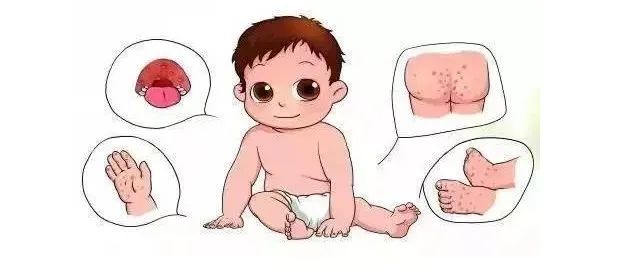If a 3-month-old baby experiences convulsions, the causes can be categorized into physiological and pathological factors. Brief and occasional convulsions may be a normal physiological phenomenon, especially considering that the baby’s nervous system is still in the early stages of development and is sensitive to external stimuli. Even slight touches to the face or exposure to cold can lead to temporary convulsions, which usually do not have long-term effects on the baby’s health.
However, frequent or persistent convulsions should raise awareness of pathological factors such as hypocalcemia, febrile seizures, and epilepsy. Hypocalcemia is associated with vitamin D deficiency and a lack of calcium, manifesting as muscle spasms and fatigue, and can be supplemented with medications like calcium gluconate oral solution under the guidance of a doctor.
Febrile seizures occur when the baby has a fever, caused by abnormal excitement of brain nerves due to high temperatures, leading to convulsions. Parents should promptly administer antipyretic medications, such as ibuprofen suspension, to control body temperature.
Epilepsy, as a brain disorder, is caused by abnormal brain nerve activity, characterized by generalized convulsions accompanied by loss of consciousness. Treatment relies on antiepileptic medications, such as sodium valproate sustained-release tablets.
In addition to the above conditions, central nervous system infections, intracranial bleeding, purulent meningitis, and genetic metabolic diseases can also be the underlying causes of convulsions. When facing convulsions in a baby, it is crucial to seek medical attention promptly for diagnosis and to pay attention to keeping the baby warm to prevent colds and carefully nurture the baby’s healthy growth.


